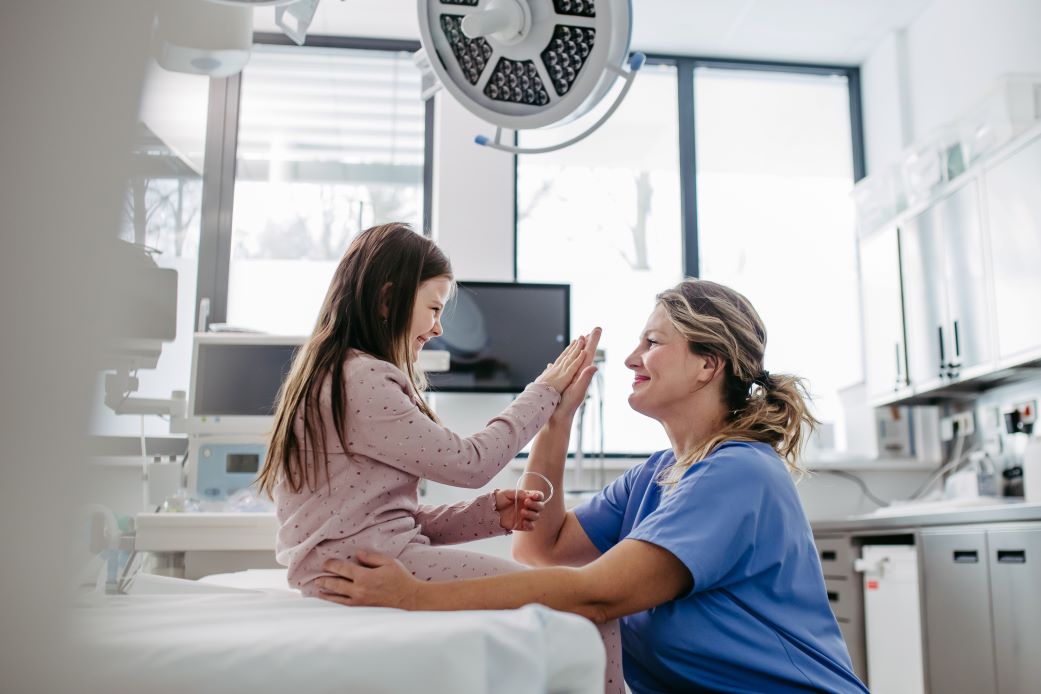Medicine is a rewarding career, which is constantly evolving with each day bringing new developments in medical knowledge. Working with patients and their families preventing and treating illness is a highly rewarding career which requires compassion, good communication skills, teamwork and resilience to work in a fast paced environment.
There are multiple entry routes to the Medical profession:
- Undergraduate degree in Medicine
- Graduate entry route
All undergraduate medical courses in Ireland require you to sit the Health Professions Aptitude Test – HPAT. A combination of your Leaving Certificate results and your HPAT are used for consideration for entry to medicine. For more information on the entry routes visit Careers Portal.
Click on the attached link for more information on Graduate Entry Medicine (GEM).




